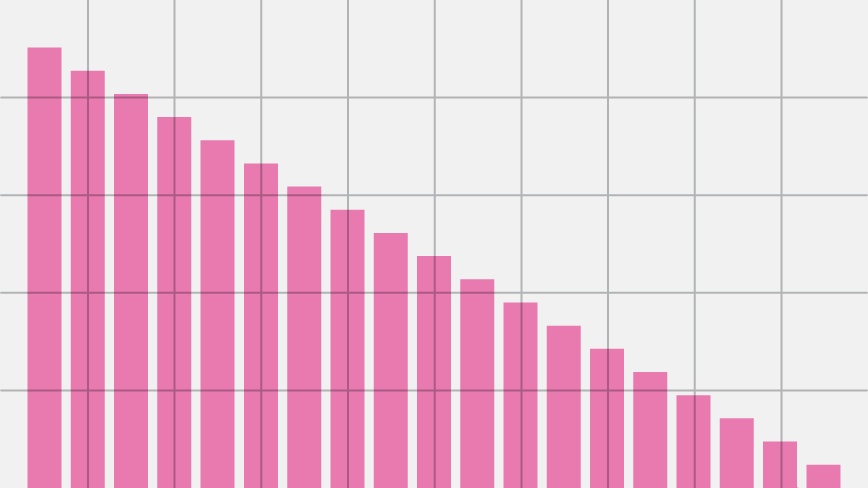Harnessing the power of big data and analytical processing is helping give researchers a fighting chance against breast cancer and similar maladies.
October is breast cancer awareness month. With more than 230,000 new cases of invasive breast cancer diagnosed each year, according to the American Cancer Society, getting a handle on the disease might seem daunting.
Yet, with the help of healthcare providers and researchers, survivors now have a new weapon that may help diagnose and treat breast cancer more effectively. Harnessing the power of huge volumes of data and analytical processing is giving researchers a fighting chance against breast cancer and other diseases.
Gaining Second Sight
Barriers to early detection and effective treatment of cancers are often lack of knowledge, or the ability to understand and piece together what we already know. Processing huge volumes of medical data generated by various clinical trials, genomic sequencing and individual case studies promises to unlock secrets that could not be readily observed by human eyes.
“We have come to a point where the challenge is not so much how to generate large amounts of data, but how to harness the enormous amounts of genomic data churned out by ever-advancing technologies so that they translate into meaningful cancer prevention and treatment strategies,” says American Association for Cancer Research communications leader Dr. Srivani Ravoori.
One study from a team of computational biologists at Stanford Medical School’s Cancer Institute examined the 86 common breast cancer susceptibility variants. The goal was to determine if gene sequencing could develop a more accurate, nuanced risk score that could better predict a breast cancer patient’s potential outcome.
What they discovered was that the risk score variance was five times higher than they anticipated. Larger variances lead to better predictions of risk scores. Study author Dr. Weiva Sieh says the increased rate of identifying variants and the utilization of genomic sequencing means scientists and doctors may soon be able to explain why one person has a greater risk of developing cancer over another.
The potential for studies like these to develop more personalized care and better preventative practices can translate to better outcomes and, hopefully, more saved lives.
A Rallying Cry for Analytics
In a powerful essay submitted to the L.A. Times before her death, reporter and cancer victim Laurie Becklund changed the hopeful tinge of big data analytics into a moral imperative.
Writing about how every cancer incidence is unique to the genetic makeup of the patient, Becklund said that “we are each, in effect, one-person clinical trials. Yet the knowledge generated from those trials will die with us because there is no comprehensive database of metastatic breast cancer patients, their characteristics and what treatments did and didn’t help them. In the Big Data-era this void is criminal.”
Fortunately, there are further glimmers of hope. Many healthcare research and provider institutions are pursuing ways to collaborate through data sharing and develop commingling health information networks to use with analytics. One such collaboration is occurring between Carnegie Mellon University, The University of Pittsburgh and the University of Pittsburgh Medical Center (UPMC).
“The complementary strengths of the alliance’s partner institutions will allow us to re-imagine healthcare for millions of people in our shared, data-driven world,” says Carnegie Mellon President Subra Suresh. “Through this collaboration, we will move more rapidly to immediate prevention and remediation, further accelerate the development of evidence-based medicine, and augment disease-centered models with patient-centered models of care.”
UPMC in particular is already addressing genomic cancer research by pursuing enterprise-level data warehousing. This information be used to unlock the genetic secrets of cancer and, perhaps someday, vanquish it once for all.

